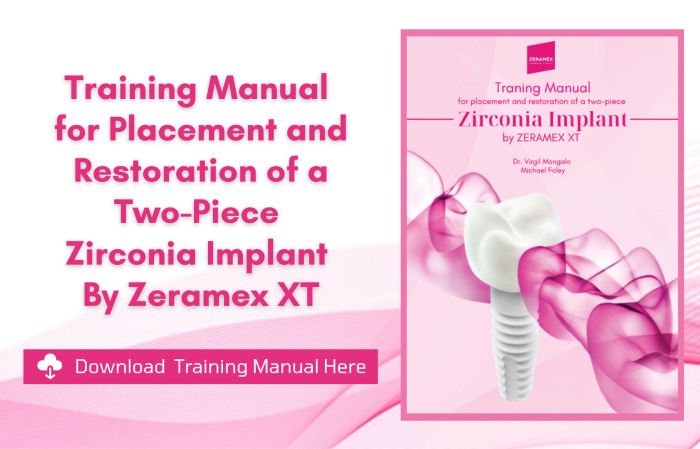Other relevant polymorphisms adversely impacting on bone health can increase the risk of peri-implantitis by affecting the rate of bone turnover, the bone mineral density and the formation of the collagen based bone matrix.
Polymorphisms also impact other physiological functions that can indirectly have an influence on the health of the bone tissue around an implant. Methylation, lipid metabolism, oxydative stress damage, detoxification can all be impacted by polymorphisms.
Genetic factors thus play an important role in the selection of materials for implantology as well as patient assessment for such procedures. SNPs should be taken into account and suitable epigenetic mitigation should be implemented.
More importantly the presence of metals other than titanium in the mouth of an individual should also be taken into account since other metals also have a physiological impact.
IT SHOULD THEN BE ADDED THAT COMPARABLE REACTIONS TO ZIRCONIA IMPLANTS HAVE NOT BEEN DEMONSTRATED DUE TO A MORE STABLE, MORE CORROSION-RESISTANT SURFACE AND A SIGNIFICANTLY LOWER IMMUNOGENIC EFFECT OF ZIRCONIA PARTICLES.
Reference
Multiple studies available

